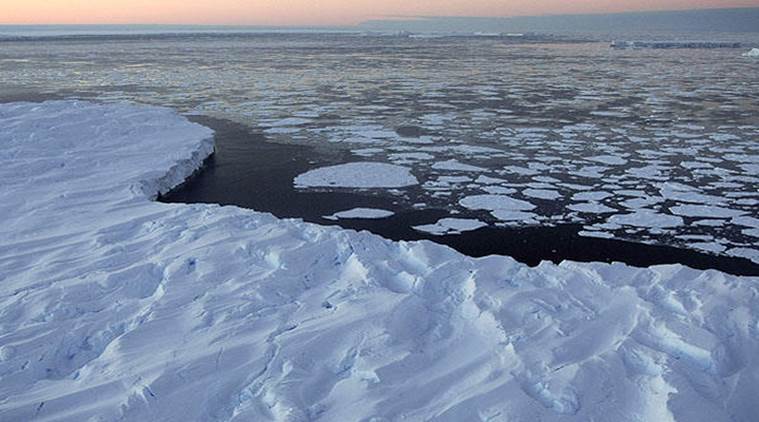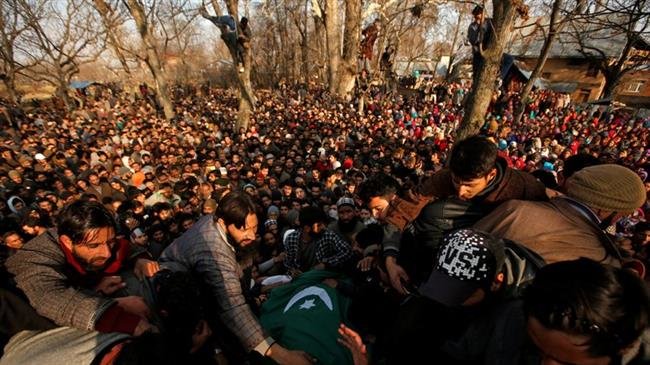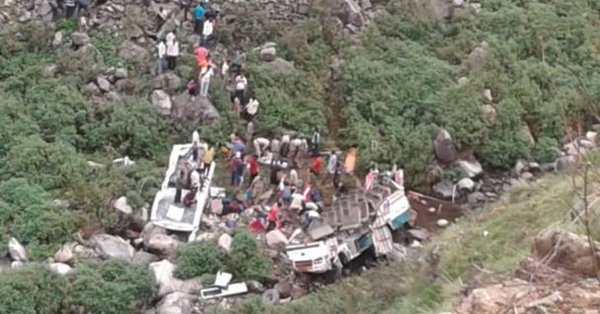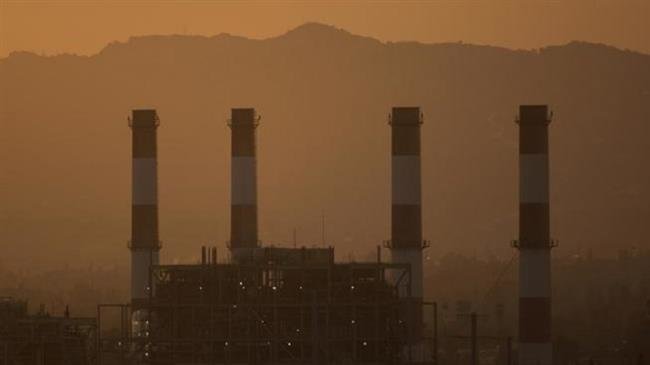The report also finds that warming will at least be 0.7 °C higher in the northwest Himalaya and Karakoram region.
Publish dateTuesday 5 February 2019 - 01:28
Story Code : 179140
AVA- Even if efforts are made to limit global warming to 1.5 degrees Celsius by the end of the century, the Hindu Kush Himalaya will warm up by around 1.8 degrees, a comprehensive report on the region has found. The report also finds that warming will at least be 0.7 degrees higher in the northwest Himalaya and Karakoram region. “The HKH will warm more than the global mean and more rapidly at higher elevations,” the report released states. In other words, even the most ambitious goal set by the Paris Agreement to limit global warming would lead to a 2.1 spike in temperature in the HKH region leading to melting of one-third of the region’s glaciers, potentially “destabilising” Asia’s rivers, the assessment notes. It also points out that the Tibetan Plateau, Central Himalayan Range and Karakoram will warm more than the HKH average.
The ‘Hindu Kush Himalaya Assessment’ released Monday by the Kathmandu-based International Centre for Integrated Mountain Development (ICIMOD) provides insights into changes affecting one of the greatest mountain systems in the world. Over 350 researchers, practitioners, experts, and policy-makers were involved in drafting the HKH Assessment Report, which is styled after the Intergovernmental Panel on Climate Change (IPCC) reports. “This is the climate crisis you haven’t heard of,” said Philippus Wester of ICIMOD in a statement, who led the study. “Global warming is on track to transform the frigid, glacier-covered mountain peaks of HKH cutting across eight countries to bare rocks in a little less than a century…” he said.
HKH covers 3,500 km across eight countries — Afghanistan, Bangladesh, Bhutan, China, India, Myanmar, Nepal and Pakistan — and is the source of 10 major river basins . Two billion people are dependent on the HKH for their water needs across Asia. “The warming rate over the last 50 years in the HKH has been 0.2 degrees per decade. Extreme indices in the region have also changed over this period: occurrences of extreme cold days and nights have declined (days by 0.85 days per decade, nights by 2.40 per decade), while occurrences of extreme warm days and nights have increased,” the study notes.
The ‘Hindu Kush Himalaya Assessment’ released Monday by the Kathmandu-based International Centre for Integrated Mountain Development (ICIMOD) provides insights into changes affecting one of the greatest mountain systems in the world. Over 350 researchers, practitioners, experts, and policy-makers were involved in drafting the HKH Assessment Report, which is styled after the Intergovernmental Panel on Climate Change (IPCC) reports. “This is the climate crisis you haven’t heard of,” said Philippus Wester of ICIMOD in a statement, who led the study. “Global warming is on track to transform the frigid, glacier-covered mountain peaks of HKH cutting across eight countries to bare rocks in a little less than a century…” he said.
HKH covers 3,500 km across eight countries — Afghanistan, Bangladesh, Bhutan, China, India, Myanmar, Nepal and Pakistan — and is the source of 10 major river basins . Two billion people are dependent on the HKH for their water needs across Asia. “The warming rate over the last 50 years in the HKH has been 0.2 degrees per decade. Extreme indices in the region have also changed over this period: occurrences of extreme cold days and nights have declined (days by 0.85 days per decade, nights by 2.40 per decade), while occurrences of extreme warm days and nights have increased,” the study notes.
Source : خبرگزاری Afghn Voice Agency(AVA)
avapress.com/vdcba9b8grhbz8p.4eur.html
Tags
Top hits










